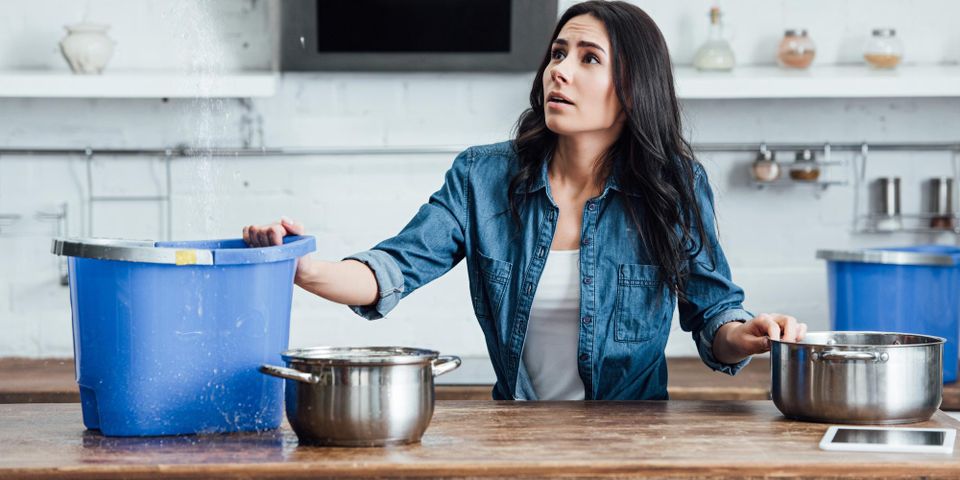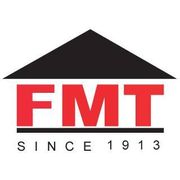What Homeowners Should Know About Filing a Water Damage Claim

If you experience water damage in your home, it’s essential to act fast. The first critical step is stopping the water supply and drying as much as possible. Not only can water threaten the structural integrity of even the sturdiest buildings, it also endangers the health of everyone inside. Thankfully, this issue rarely goes unnoticed for long. Additionally, homeowners insurance can cover many of its causes. If you’re a property owner—or a conscientious renter—here’s what you should know about identifying water damage and cleaning up the aftermath.
Warning Signs of Potential Water Damage
Water damage can develop gradually or happen all at once. When it occurs suddenly, you’ll know right away. It’s impossible to ignore a burst pipe, for example, or an overflowing toilet. When it happens gradually, on the other hand, the issue may not be immediately apparent. Some of the earliest signs of this problem include buckling floors, bubbling paint, mold growth, musty odor, and a water bill that’s higher than usual.
Types of Water Damage Typically Covered
If it turns out your home has water damage, the terms of your policy will ultimately determine whether the repairs will be covered. Not all homeowners policies cover water damage, so be sure to check your policy to see if water damage is one of the perils covered. If your homeowners insurance policy covers water damage, generally speaking, it will cover damage caused by accidents but not neglect. For example, it will cover things like burst pipes or busted water heaters. In other words, a “sudden and accidental discharge or overflow of liquids or steam”. However, if damage is caused by continuous and repeated water seeping or leaking, any damage that results will likely be your responsibility.
Mold: When purchasing a homeowners insurance policy, make sure to review the mold coverage as well. Most policies only cover mold up to a specified limit.
Flood: It’s also essential to evaluate your level of need for flood insurance. Homeowners insurance does not cover flood damage. However, flood insurance is available in the form of a separate policy from the National Flood Insurance Program (NFIP) by calling (800) 427-4661 or by contacting one our local insurance agents.
Renters Insurance: If you don’t own the home you live in, make sure you have renters insurance and that it covers water damage to your belongings. Your landlord’s insurance policy will not cover your valuables.
By following these suggestions, you may be able to avoid damages that could result in a large insurance claim. For more information on protecting your property, get in touch with the team at Farmers Mutual of Tennessee. Since 1913, they have provided quality insurance coverage at an affordable price to residents throughout the state of Tennessee. Their local independent agent will be happy to help you find the right coverage for your home, mobile home, rental dwelling, or farm at a price that suits your budget. Give Farmers Mutual of Tennessee a call today at (800) 824-9555, and visit them online for more information.
About the Business
Have a question? Ask the experts!
Send your question

